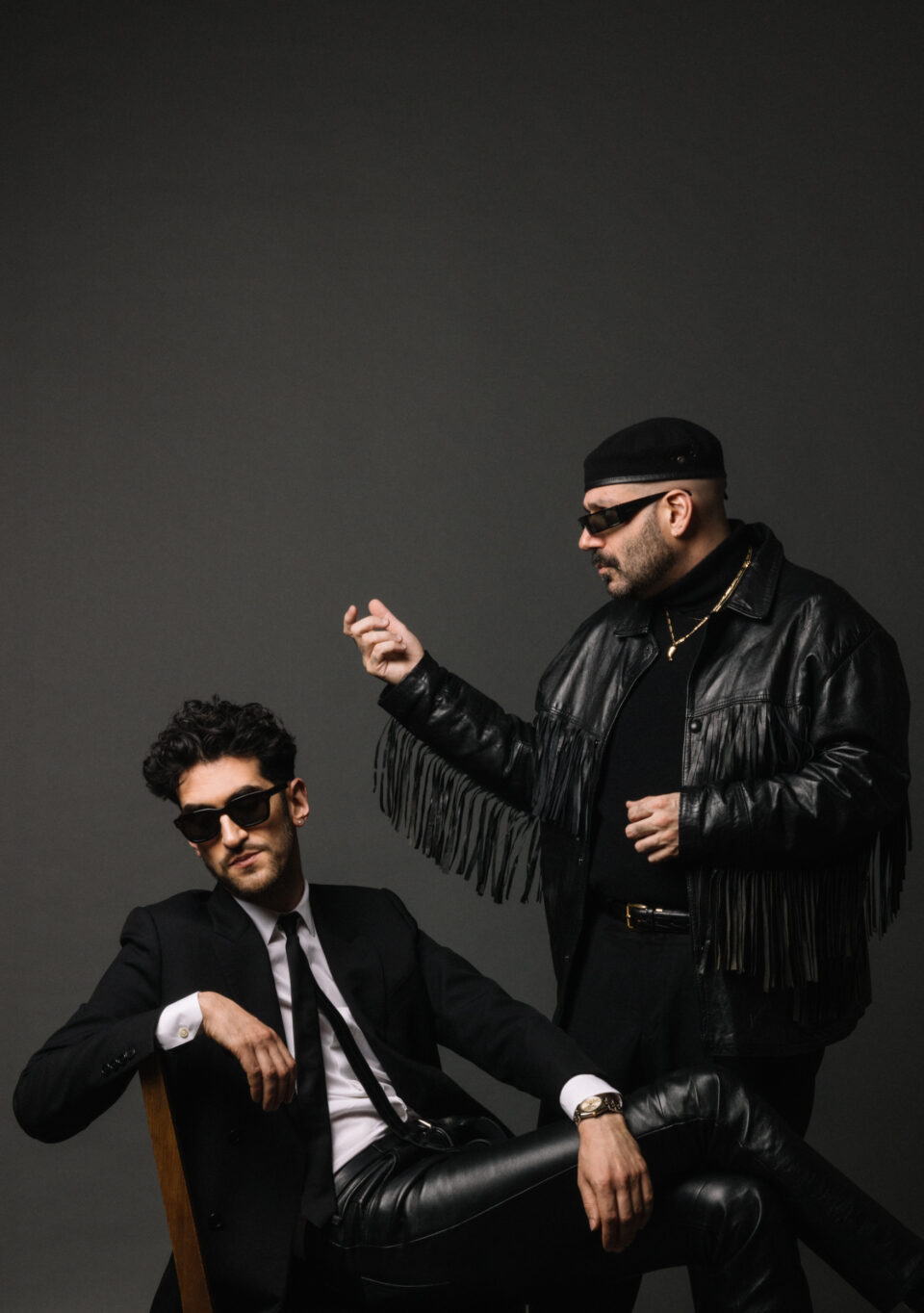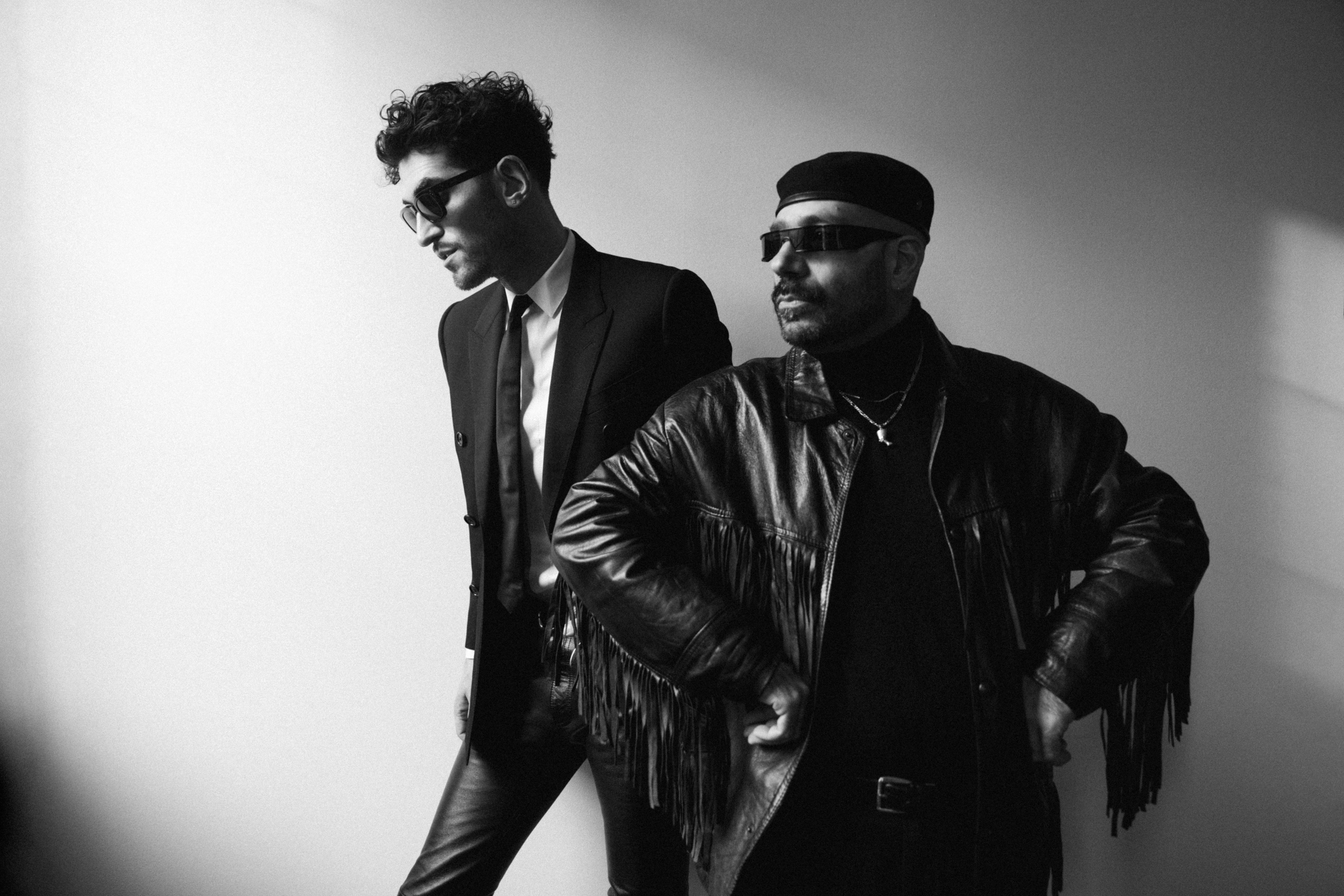Chromeo are headlining FLOODfest on March 14 at the Mohawk in Austin for their only SXSW appearance. RSVP here. Chromeo will also be taking over FLOOD FM for our “Hacked” series next week, airing from March 11 through 15 for a guest DJ takeover featuring hand-picked tunes and commentary. Mark your calendar and tune in here.
There is perhaps no more hated generation than Millennials. They’ve been dubbed as a lazy, technology-obsessed cohort whose hard-earned money is being wasted on avocado toast, which is why they can’t afford to own property. Yes, they’ve spawned a slew of enemies, but not everyone has it in for the 28- to 43-year-old crowd whose worldviews were shaped by the euphoria of turn-of-the-millennium boy-band culture and the horror of school shootings.
Chromeo’s David “Dave 1” Macklovitch and Patrick “P-Thugg” Gemayel happen to be obsessed with Millennials. They love that they’re the last generation who remembers life before the internet, that they thrift everything, that they had a Steve Aoki phase, and that they balance adult responsibilities with staying sexy. Macklovitch and Gemayel technically aren’t Millennials (they’re both 45), but they inherently have a soft spot for them. “Millennials are really the demographic that carried Chromeo,” Macklovitch declares over Zoom from his apartment in New York City. It’s an ironic sentiment coming from a duo who are so heavily ’80s-influenced, but it’s the “honest angle”—and the band has always needed one for all of their projects—that Chromeo has honed in on with their sixth studio album, Adult Contemporary.

Photography: Ebru Yildiz. Cover design: Jerome Curchod.
In some ways, it makes sense that Millennials have become the focal point of their latest project. After all, their latest record was released nearly 20 years to the day from when their groovy 2004 electro-funk debut She’s in Control dropped—the era when what’s since become known as “indie sleaze” was all the rage and they were the target audience dripping sweat to their songs until 2 a.m.
After more than two decades together, there’s little drama in what they’ve teased as “the world’s only successful Arab/Jewish partnership” (Gemayel immigrated to Canada from Lebanon; Macklovitch’s mother emigrated from Morocco to Canada). “We've just been chiseling the ins and outs of a stable relationship for the last 20 years of Chromeo,” Gemayel quips from his apartment in Brooklyn.
“Millennials are really the demographic that carried Chromeo.” —David “Dave 1” Macklovitch
In the mid-1990s, Macklovitch and Gemayel met at their Montreal high school, quickly becoming friends and finding common ground over music. While they initially began producing hip-hop, they eventually evolved into Chromeo, with Macklovitch on guitar and lead vocals and Gemayel on keyboards, synthesizers, and the talk box. She’s in Control—particularly the bright-eyed groover “Needy Girl”—was alluring to the club set, but it was their sophomore record Fancy Footwork that significantly raised their profile. They’ve since released three more albums (2010’s Business Casual, 2014’s White Women, and 2018’s Head Over Heels) where they’ve managed to cull era-spanning influences from Hall & Oates and Prince to Daft Punk in order to craft something modern and fresh.
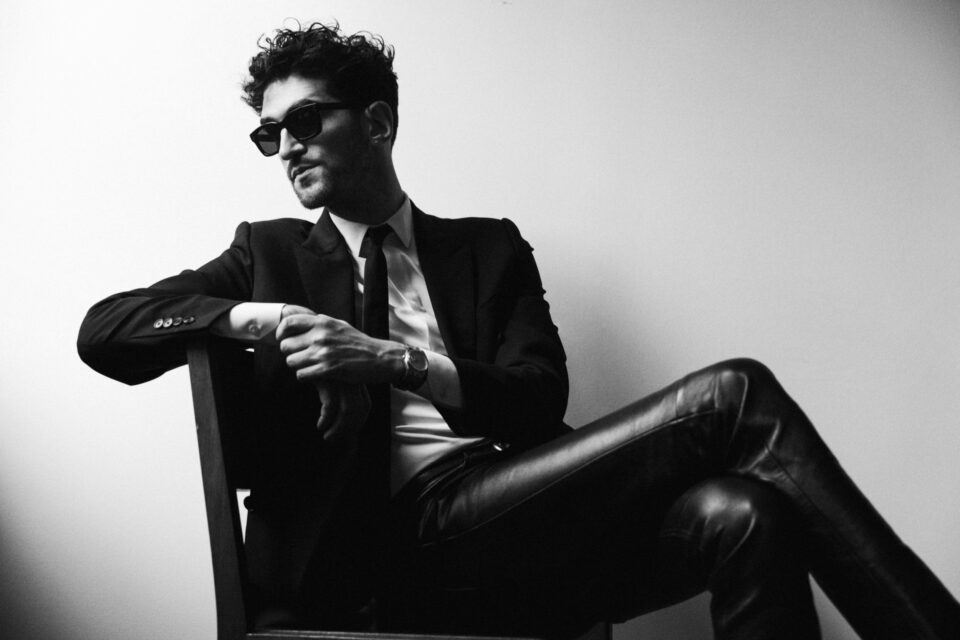
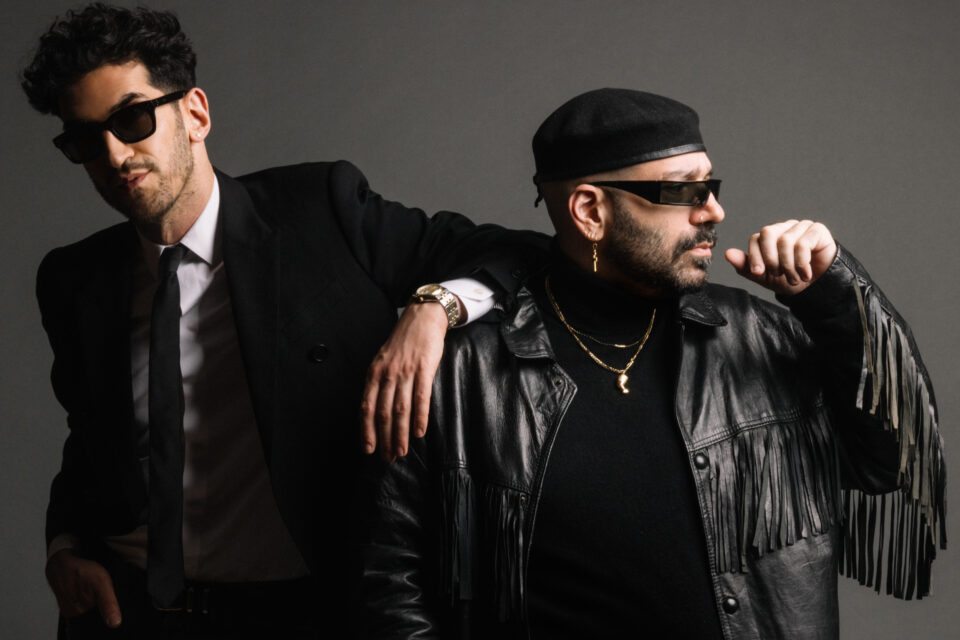
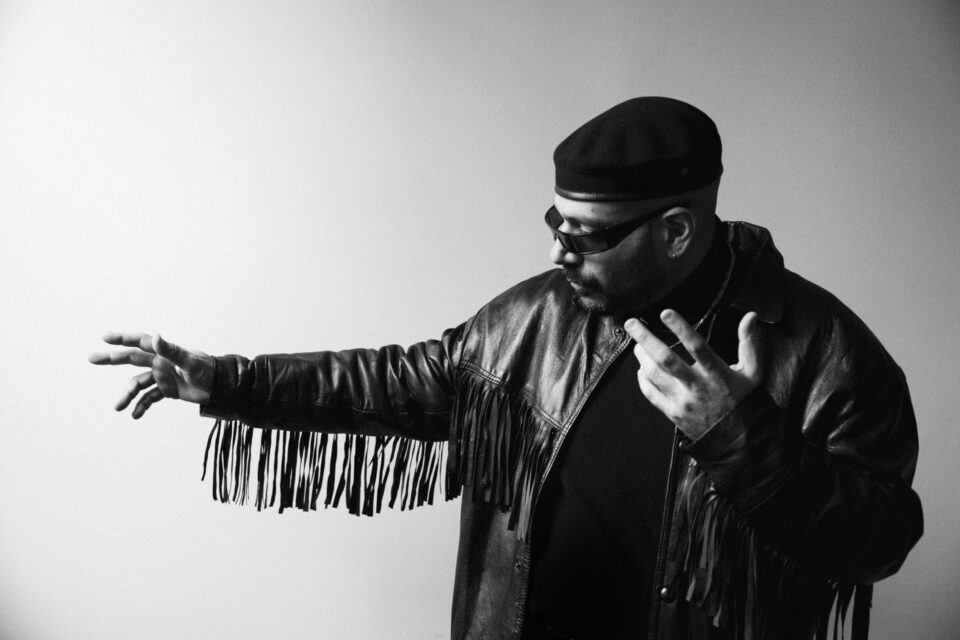
Their latest work is both a departure and a return to form. It’s the balance Chromeo has been constantly trying to hack for over 20 years—their strong commitment to their vibe, sound, and aesthetic that’s synonymous with their project and its incessant need to move the needle with each release. Macklovitch fixates on Gemayel’s use of the word “chiseling” when it comes to their growth. “Like, you’ve got one overarching vibe or aesthetic, and you just chisel away at it and hope that every new record brings out a new polished facet of that gemstone, so to speak,” he reasons. “If you listen to the handful of maybe three good songs on our first album, it sounds like what we’re doing today.”
It’s allowed them to find a “certain mastery and maturity” in their craft. When it comes to songwriting, they’ve been able to approach more earnest, complex, and sophisticated topics with the same stankiness and silliness that launched their careers. Macklovitch compares Chromeo’s growth to iconic designer Hedi Slimane: “Has he evolved? I mean, it’s still the skinny black suit, but he’s the GOAT, right? But every year it’s a new iteration of a different facet of the black suit.”
“You’ve got one overarching vibe or aesthetic, and you just chisel away at it and hope that every new record brings out a new polished facet of that gemstone.” —David “Dave 1” Macklovitch
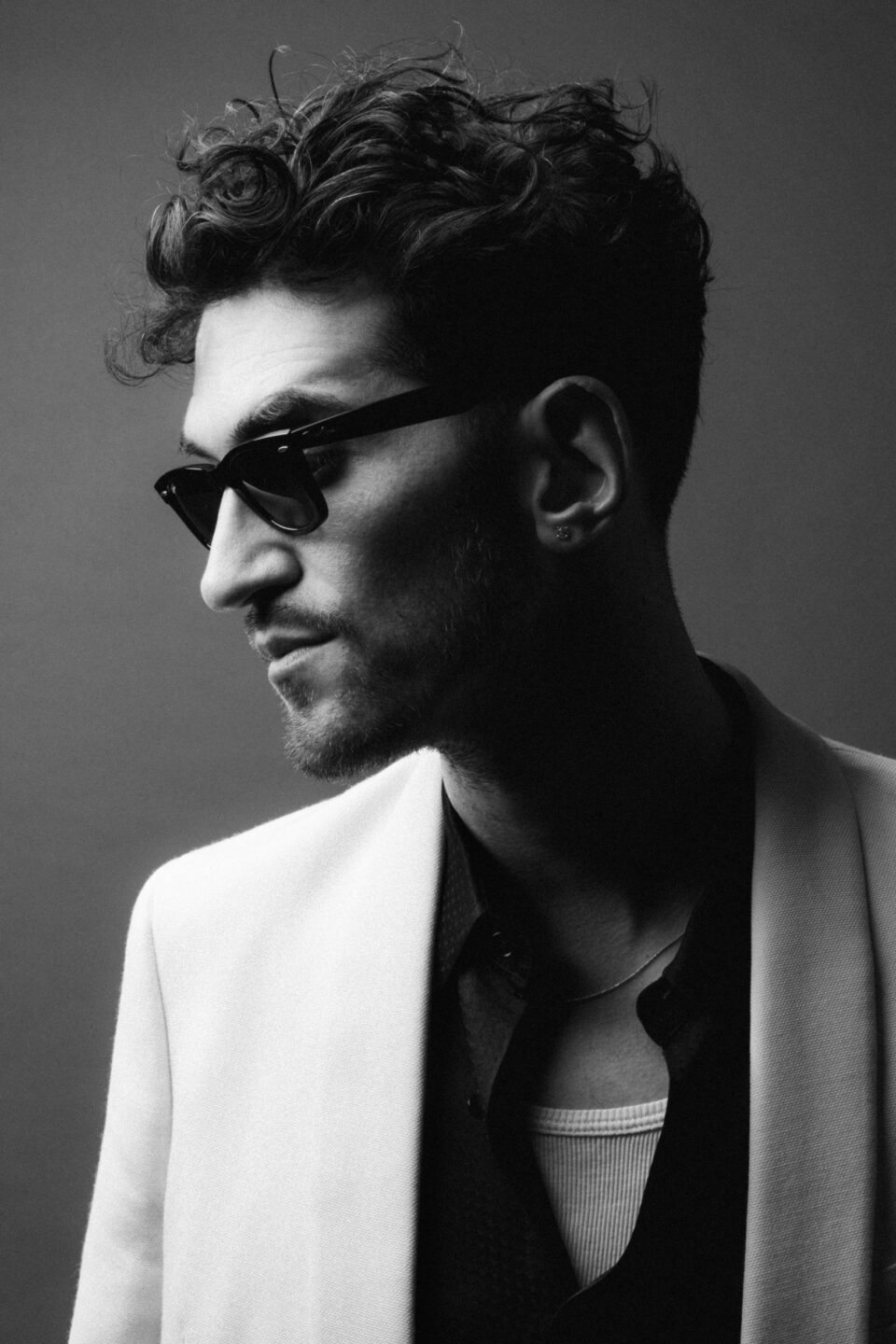
With White Women and Head Over Heels, Chromeo learned to add more layers to their productions. On the latter, they opted for a more lush sound, which was the closest they could get to “overproducing.” Adult Contemporary sheds the glossiness and distills the essence, adding a classy sheen. But just the night before the interview, Macklovitch was listening to “Needy Girl,” their first song from their first album, and recognized how much their new work paralleled their origins. “We’re not that far away from that,” he says of the album’s sound.
The new album’s timeline is a little scattered. The duo began the process of making Adult Contemporary before they released their June 2020 pandemic EP project, Quarantine Casanova. “We did the little quarantine EP just for fundraising and for much-needed lightheartedness,” Macklovitch recalls. That year, they also founded their own label, Juliet Records, producing for other artists including Omar Apollo, Blu DeTiger, and Ric Wilson (with whom they collaborated on last year’s Clusterfunk full-length) in addition to underground New York acts.
By January 2022, they shifted their focus completely to what would become Adult Contemporary, but the title was a three-year work-in-progress. The working title was “Hot AC,” which they imagined could have corresponding artwork featuring the duo freezing in a sauna, playing on “the paradox of hot and AC.” But they found the joke might be hard to translate, so they opted for Adult Contemporary. “It’s so immediate, and everyone will understand how funny it is, but also how it could also have been the title of a ’70s men’s magazine,” Macklovitch says.
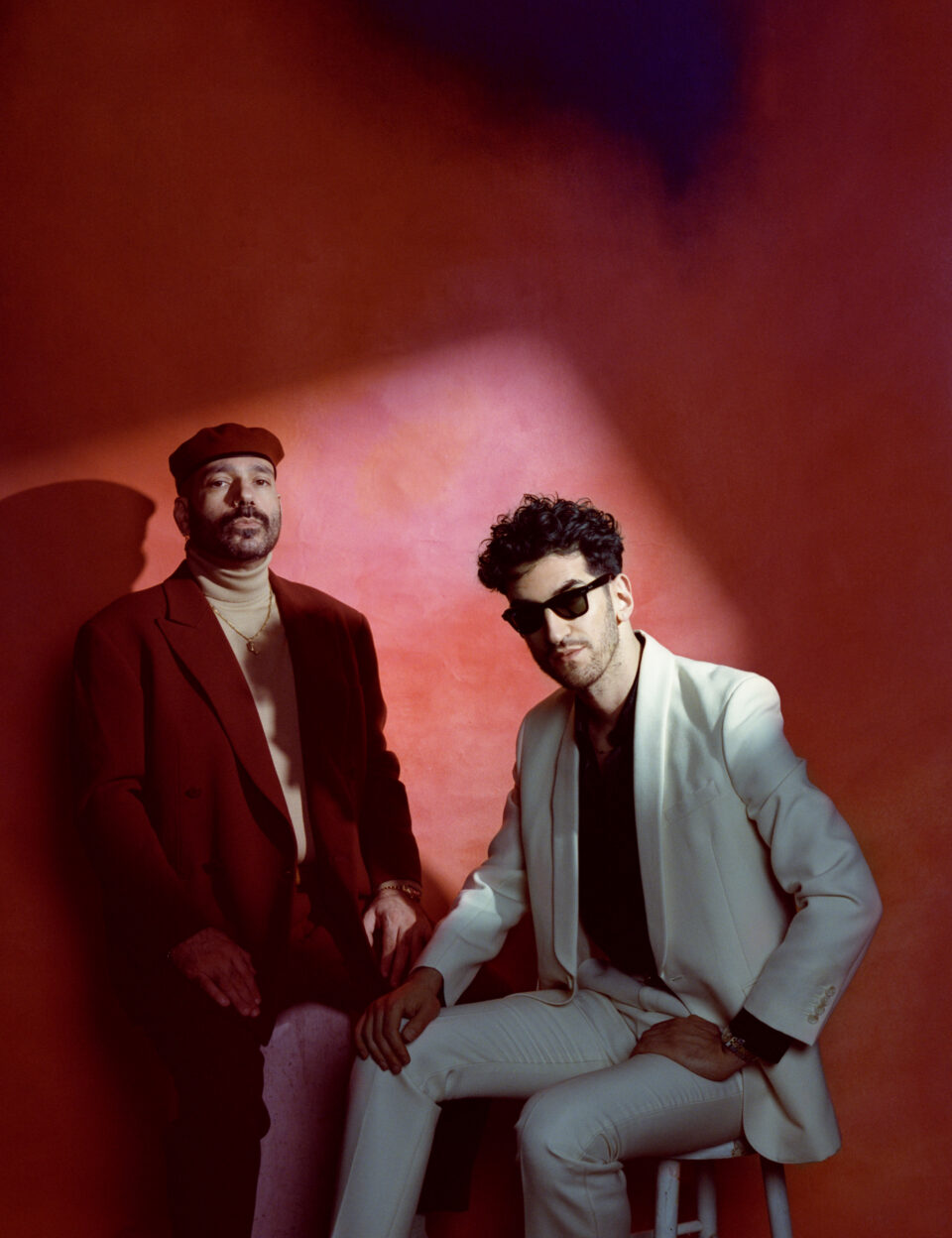
They imagined the album cover—which features both Macklovitch and Gemayel cosplaying sleazy, sunglasses-wearing ’80s producers in the foreground of a naked woman posing with a guitar behind a soundboard—could’ve been an editorial in that magazine. “A soft erotica editorial,” Gemayel quips. For this era, the intention was for the pair to play with the juxtaposition of topics that were “a little more Millennial in their angst,” but still have an air of sultriness and silliness. What they craved was a sea of contrasts in contemporary culture. It’s adult, but lighthearted; playful, but erotic; contemporary, but retro. “Everything we do is a game of contrasts,” Macklovitch says.
The album’s title is also pointedly a tongue-in-cheek reference to the genre of the same name, which Macklovitch deems is “the least ‘adult’ music in the world. You could play Kenny G for newborns and whales, and they'll appreciate it,” he says. “Like, we keep saying, N.W.A should be ‘adult’ music. You don’t want to play that for a seven-year-old.” Still, the genre remains “timeless” to them, and they only have reverence for the radio stations that play those types of songs. “It’s the best of humanity,” he adds.
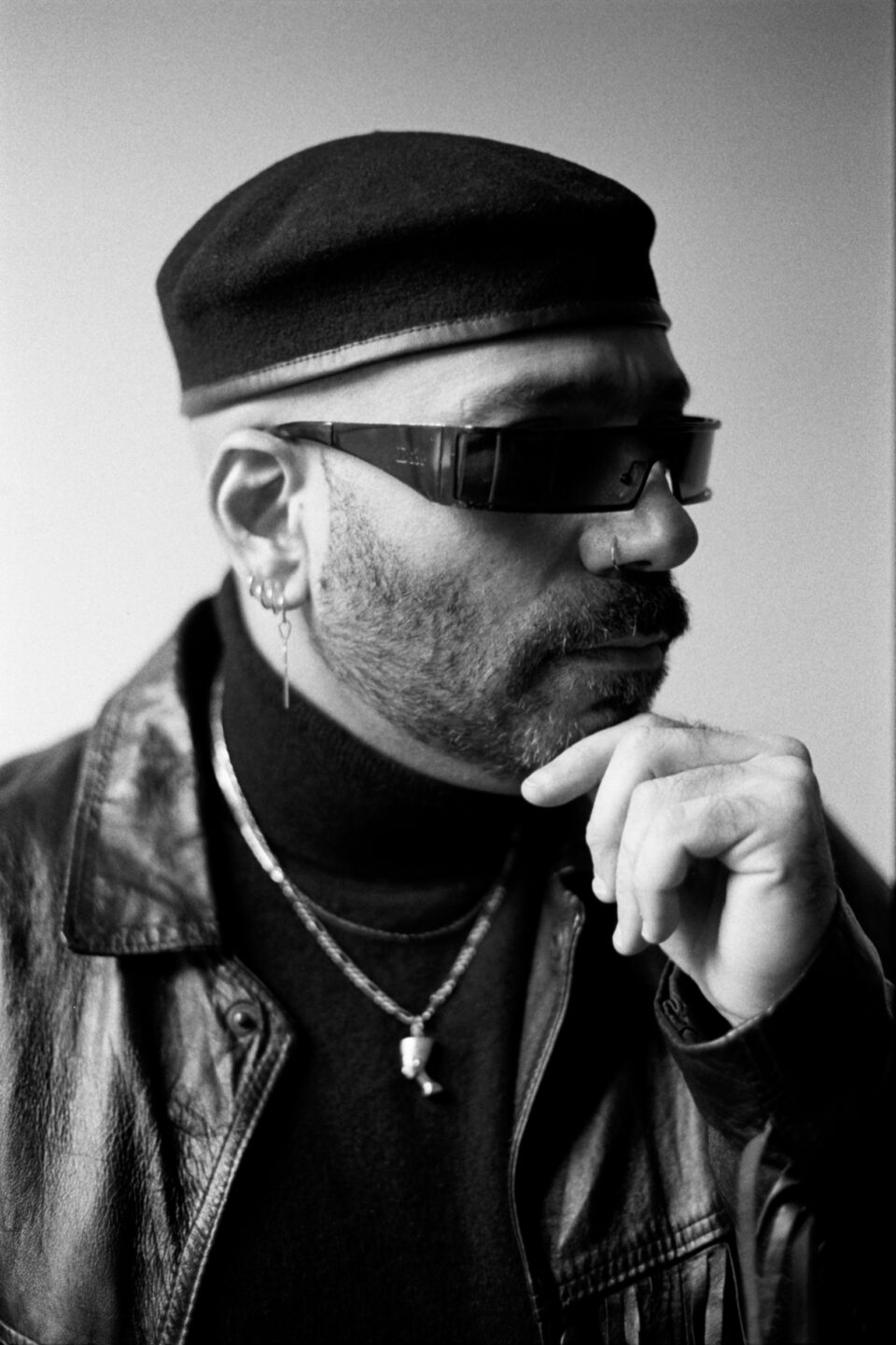
“I’ve seen so many memes about ‘adulting,’ and it just made me realize how scared people are of becoming adults.” —Patrick “P-Thugg” Gemayel
But Macklovitch approaches it from a more macro perspective—he believes “adults are really trending right now.” Pop culture trends begin rolling off his tongue: quiet luxury, the mob-wife aesthetic, the Usher renaissance, Tracy Chapman and Annie Lennox performing at the GRAMMYs, the hard-won success of Victoria Monét. He reasons it’s also because of how much Gen Z is referencing the generations before them in their art and aesthetics. “All they’re referencing is older people, whether it’s Avril Lavigne, Alanis Morissette, St. Vincent, or The White Stripes—and then [there’s] indie sleaze,” he explains. “All that stuff is a celebration of adulthood for a generation that grew up with the internet.”
In terms of the music, Chromeo was influenced by a laundry list of artists including the aforementioned Monét and Apollo, The 1975, The Martinez Brothers, Sam Gellaitry, and Róisin Murphy. Specifically, Gemayel found himself returning to the dichotomy of Steely Dan. “The music is very sophisticated and advanced, but the lyrics are always super tongue-in-cheek, a bit vulgar at times, and very graphic,” he says of the group—whose name itself was pulled from a notably graphic text. “So I thought it’d be interesting to do the opposite and keep the new wave of mature subjects, but go back to our first two records with a more raw sound, especially with the drums on this album.” It’s raw and dirty in the right places to balance out the maturity of the lyrics.
On “BTS,” for instance, the band crafts a sexy synth-laden disco number that ruminates on late-stage capitalism. “We’re saying when you’re an adult or a young adult in today’s world, you work so hard, you don’t even want to have sex anymore. You just want to sleep,” Macklovitch reasons. Gemayel adds, “It’s also bureaucracy-phobia. I’ve seen so many memes about ‘adulting,’ and it just made me realize how scared people are of becoming adults.”
Because both Macklovitch and Gemayel are insomniacs living in a world of doomscrolling, they crafted a playful downtempo funk cut about it. “If you’re an insomniac, where the party at tonight?,” Macklovitch serenades before jokingly describing “Ballad of the Insomniacs”: “We imagined all the insomniacs in the world listen to that in unison, and we’re all connected, about to pop some Ambien.” With the electro-dance floor track “(I Don’t Need a) New Girl,” the duo also mediates on Millennials’ experiences with committed relationships (“Let's talk about loyalty instead of lawyer fees”).
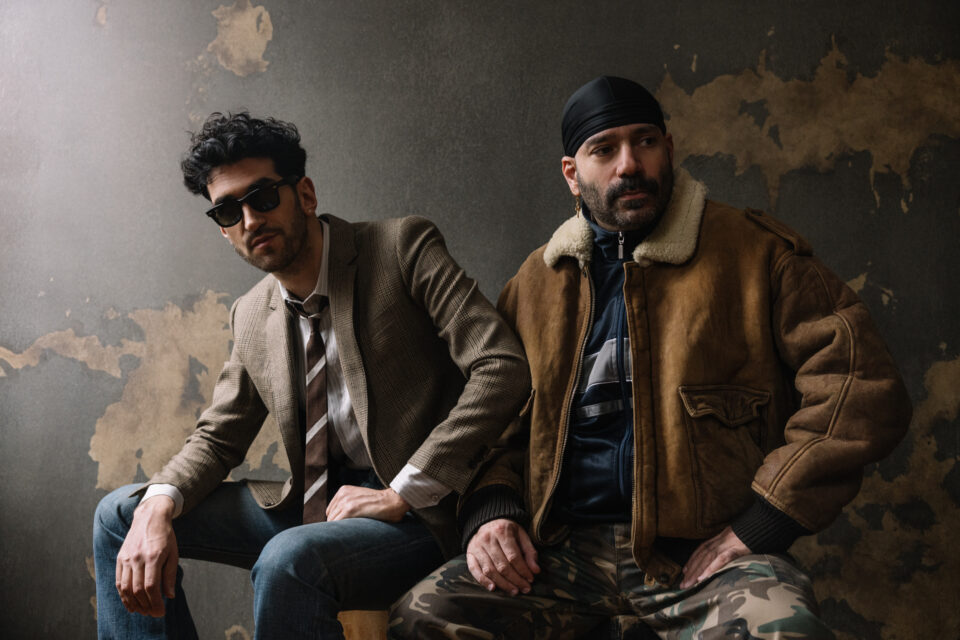
Chromeo plays on Millennials’ obsession with astrology on “Friendsnlovers” (“Obviously we got along, Taurus and a Capricorn / Karma gon’ get me”) and riffs on cuffing season in “Two of Us (Friendsnlovers Pt. 2)” (“You see, I met her in the summer, got cozy in the fall”). They also consider “Replacements”—one of the record’s two collaborations with La Roux, who found fame amid the MySpace era—to have “big Millennial energy.” They even brought back the hype for her 2009 single “Bulletproof” when they performed together at Coachella last April. “We knew ‘Bulletproof’ was a massive song, but I think even she forgot how relevant it still is lyrically,” Macklovitch says. “People freak out to that song.”
Really, Adult Contemporary marks a societal shift in the way we consider adulthood. Macklovitch believes that people are no longer yearning to be 19 again, but are instead enticed by the allure of growing older. “I think there’s always this aspirational thing about being able to grow up gracefully and have wisdom,” he says. Millennials, to Chromeo, encapsulate that sweet spot right now—the adults who prove you don’t necessarily lose your youthful spirit in adulthood. “In a culture of instant gratification, I think it’s dawning on a lot of people that longevity is really the ultimate,” says Macklovitch. “That’s the most compelling way out.” FL
